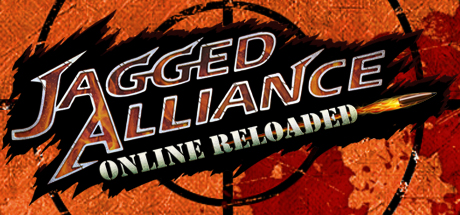- ARPDAUPosted 12 years ago
- What’s an impressive conversion rate? And other stats updatesPosted 12 years ago
- Your quick guide to metricsPosted 12 years ago
Steam isn’t Google, or Facebook, or Microsoft… yet
I came in for some pretty heavy flak for my article on the risk to PC gaming that Steam’s de facto monopoly poses. Perhaps the most cogently argued piece came from Andrew at Systemic Babbler (Steam is not the great destroyer), with whom I agree on many points, while US anti-trust attorney Peter Boivin gave some pretty good reasons why Steam is not a monopoly.
So why did I write such a provocative piece?
I think, at heart, the answer is my disquiet with Google.
Huh?
Well, Google was the great, selfless provider of services that could take on the evil Microsoft, and get unprecedented insight into *everything* about us. We were relaxed about this because they said “Do no evil”. Only after a series of mistakes and PR mis-steps (the rollouts of Streetview and Buzz leap to mind”) did we suddenly realise how much power and information Google had actually taken when we weren’t looking.
In my discussions with developers for How to Publish a Game, I was genuinely shocked to discover how much market power they had developed. They outsold *everyone else put together* by ten to one. All the commentators who reeled off a list of competitors (Direct2Drive, GamersGate etc) were missing my point: despite these competitors, Steam is still the only game in town.
Twelve months on, little has changed my mind. Steam are still an incredible boon to the PC games industry: they may have saved it from retail apathy and turned into back into a thriving platform.
But Markus Persson of Minecraft fame has said that he can’t work with Steam, because Valve is not flexible enough about business models. The reason we hate monopolies is not because of their pricing power; it’s because of their ability to stifle innovation. Markus is suggesting that Steam will would have limited his ability to break out.
Of course, Minecraft was a breakout hit without Steam, and to many detractors of my argument, they would argue that Minecraft’s success is evidence that Steam is not a monopoly.
I say that the Persson got lucky (he was also very good at what he does, but luck was important, as the man himself says). If he had been dependent on Steam for distribution, Minecraft may never have got off the ground.
For me, that is enough of a reason to continue to be fearful of Steam’s lock on the PC market.














